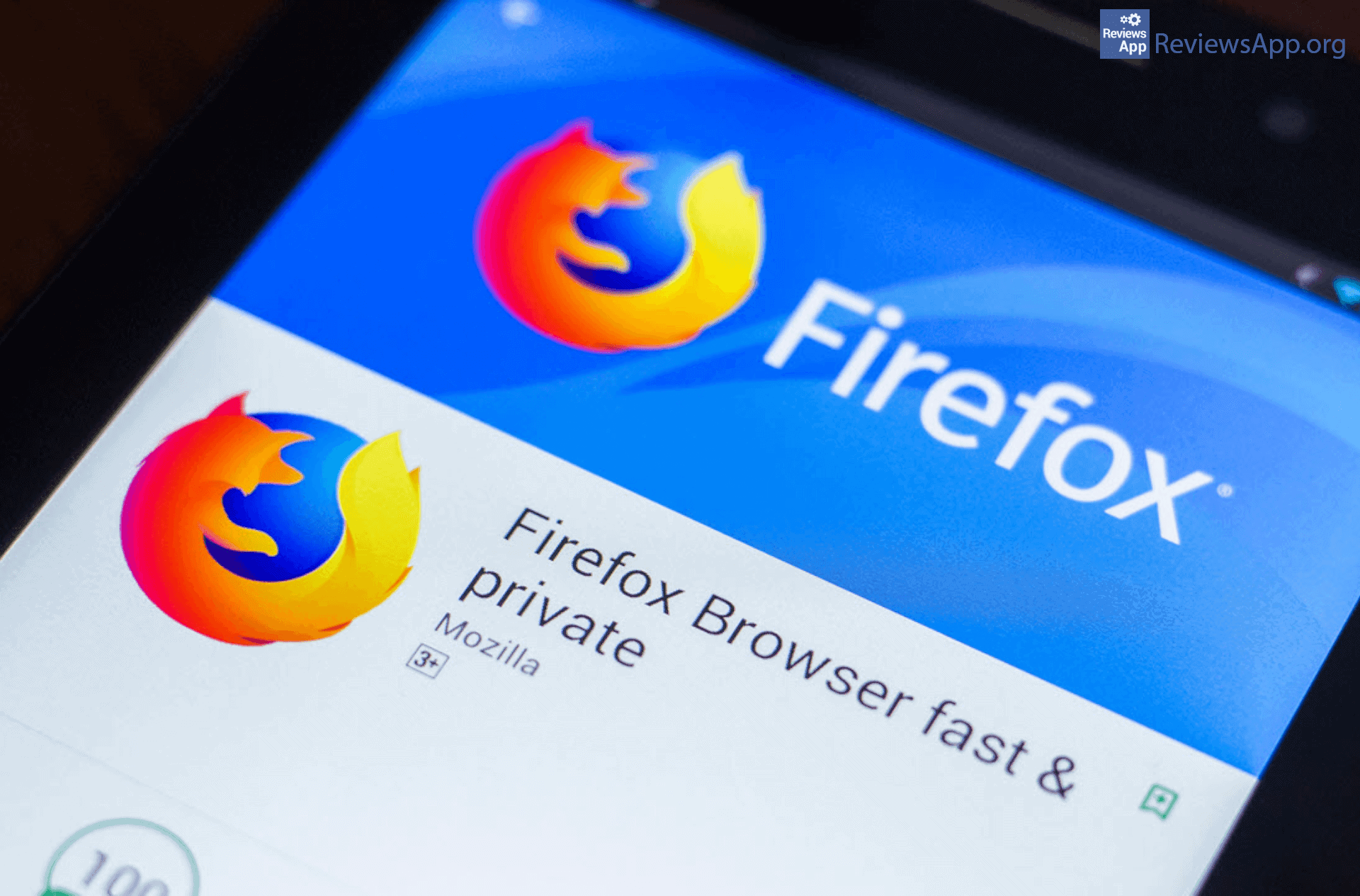
.png)
No information on future plans has been provided at the time of writing. Mozilla will focus on optimizing the performance of add-ons in the coming months. In the upcoming months, we’ll continue to work on optimizing add-on performance on mobile. This wraps up our initial plans to enable extension support for Firefox for Android. Firefox for Android users are still limited to installing the 18 supported extensions, and it seems that these will be the only ones for the foreseeable future, as Mozilla's Caitlin Neiman notes on the official company blog: The last step was to introduce options on Mozilla's main add-ons repository website to install extensions from it. Mozilla announced on Januthat it has completed the first Firefox for Android extensions development milestone. Not all extensions will work as APIs are still not implemented and some extensions may be designed for desktop use. The total of supported extensions, as of January 2021, is still only 18.įirefox Nightly for Android users can install other extensions by following a complicated process designed to make things as difficult as possible for the user. Support was extended several times by adding more recommended extensions.


Mozilla picked popular extensions like uBlock Origin, and users could install those directly from the browser. Support for extensions was limited to a selection of add-ons, less than ten, on launch. Mozilla did make the decision to support them, and started to integrate support for WebExtensions into the browser. It was not even clear from the get-go if the new browser would support extensions at all. That could mean compatibility problems for web developers who today are accustomed to only testing with the mobile browsing engines used in Apple's Safari and Google's Chrome, but GeckoView's independence also can improve web standards and keep the web from becoming controlled by those two tech giants.One of the main complaints was that the new Firefox lacked full support for extensions. The hope is to provide a performance boost similar to what Mozilla got with its Quantum-branded Firefox browser for PCs. Under the covers, Firefox Preview uses Mozilla's GeckoView engine for processing and rendering websites. Its technology, called AdGraph, is designed to resist advertisers' efforts to sidestep the internet address lists commonly used to spot ads.

Brave also is working on using machine learning to strip out website ads. On Wednesday, it announced a new ad-blocking engine that speeds up that element of its browser by a factor of 69. The Brave browser, from the Brave Software founded by former Mozilla Chief Executive Brendan Eich, boasts similar speed boosts from blocking both trackers and ads. Mozilla isn't the only one to discover the performance benefits of tracker blocking.


 0 kommentar(er)
0 kommentar(er)
